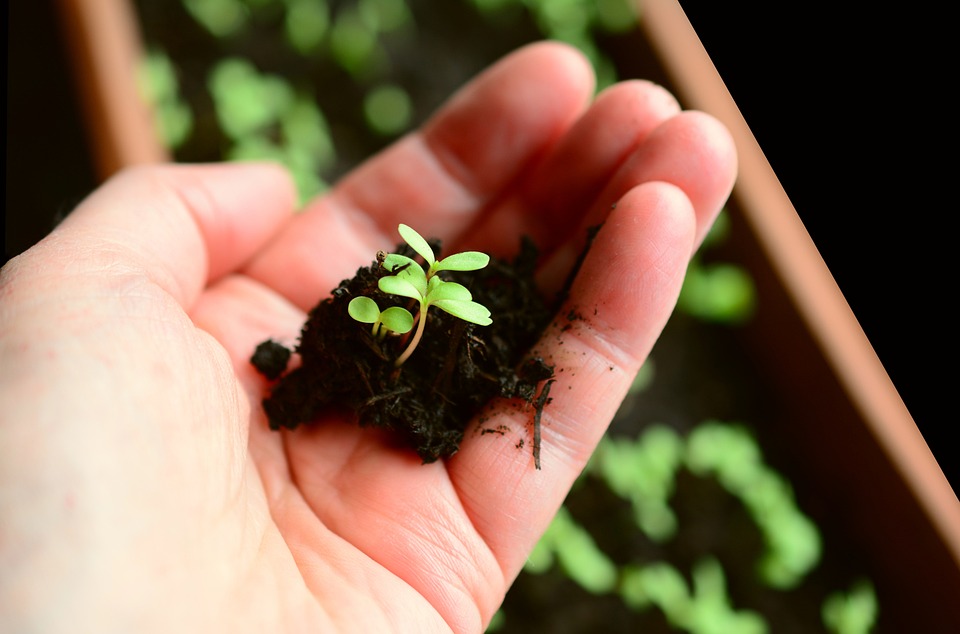Introduction
Proper soil care is essential for achieving bountiful harvests and maintaining a healthy ecosystem. Our planet’s soil is a remarkable foundation upon which life thrives. By understanding the significance of soil health and implementing necessary care techniques, we can support the nurturing of nature and reap abundant rewards.
The Significance of Soil Health
Soil health is the cornerstone of successful agriculture. Healthy soil provides a conducive environment for plants to grow, ensuring optimal nutrient availability, water retention, and root development. It also aids in reducing erosion, promoting biodiversity, and carbon sequestration. By valuing and investing in soil health, farmers and gardeners can strive towards sustainable and resilient food production systems.
The Role of Organic Matter
Organic matter plays a vital role in maintaining soil health. It contributes to soil structure, moisture retention, and nutrient availability. Incorporating organic matter through composting, cover cropping, or utilizing organic fertilizers enhances soil fertility, promotes microbial activity, and increases overall resilience. It acts as a natural buffer against erosion, drought, and excessive nutrient leaching. Prioritizing organic matter enrichment ensures long-term soil sustainability.
Managing Soil pH
Soil pH directly influences nutrient availability and affects plant growth. It is crucial to regularly monitor and manage soil pH levels, as different crops thrive under specific pH ranges. Lime and sulfur amendments can be used to adjust soil pH, allowing plants to efficiently absorb nutrients from the soil. Understanding the ideal pH requirements of different crops and implementing necessary adjustments fosters optimal plant development and higher yields.
Preventing Soil Erosion
Soil erosion poses a significant threat to agriculture and the environment. Implementing erosion control measures such as contour plowing, terracing, or utilizing windbreaks reduces soil loss due to water or wind. Additionally, proper crop rotation, cover cropping, and mulching help to strengthen soil structure, enhance water infiltration, and mitigate erosion risks. Protecting the topsoil layer by managing erosion ensures sustainable and productive farming practices.
The Importance of Nutrient Management
Effective nutrient management is essential to sustain healthy soil and achieve optimal crop growth. Soil testing helps analyze nutrient deficiencies or imbalances, enabling farmers to accurately apply fertilizers or organic amendments to meet the crop’s specific needs. Overuse of synthetic fertilizers can harm soil biology and contribute to water pollution, highlighting the significance of balanced nutrient management practices. By correctly managing nutrients, farmers can maintain soil fertility without compromising long-term sustainability.
Maximizing Harvest Yields
To maximize harvest yields, farmers can employ various techniques. Adequate irrigation practices, timely weed control, and integrated pest management contribute to healthier crops and decreased productivity losses. Furthermore, adopting precision agriculture technologies, such as soil moisture sensors and remote sensing, allows farmers to optimize inputs and reduce resource wastage. Consistently monitoring crop health and employing best agricultural practices help ensure bountiful harvests while minimizing environmental impact.
FAQs
Q: How often should soil pH be tested?
A: Soil pH testing is recommended every 2-3 years or whenever you notice signs of nutrient deficiencies or poor plant growth.
Q: What is the ideal organic matter content in soil?
A: The ideal organic matter content varies across soil types but generally ranges from 3-6%. Regular soil testing can provide insights into the current organic matter content.
Q: How can cover cropping benefit soil health?
A: Cover cropping helps reduce soil erosion, increases organic matter, enhances nutrient cycling, improves soil structure, and provides habitat for beneficial insects.
Q: What are some effective weed control methods?
A: Effective weed control methods include manual removal, mulching, cover cropping, and targeted herbicide application if necessary.
Q: What is precision agriculture?
A: Precision agriculture involves using advanced technologies to optimize crop management practices, such as variable rate fertilization and irrigation, based on site-specific data.




